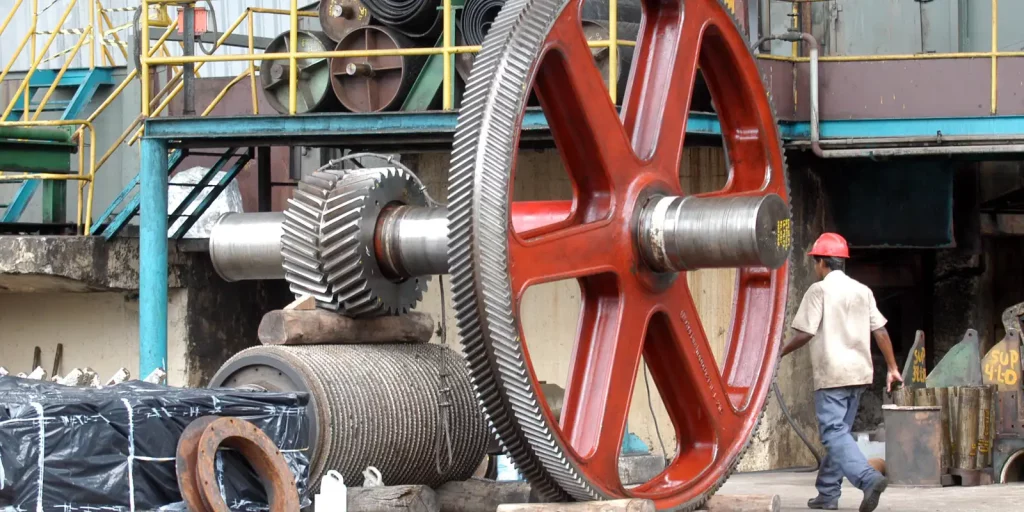According to Law 50 of 1990, Workers will have the right to receive severance pay interest, an amount that serves as savings and that can be accessed after some unfortunate situation in the workplace. Who receives it and what is their percentage?
So that you can understand this situation, the Ministry of Justice through its website mentions that any worker who has a fixed-term or indefinite contract has the right to receive this amount. You should know that it is an additional amount that the employer must pay once a year.
Regarding the rate, it has been stipulated that be 12% annually or proportional taking into account the fraction in which a worker was carrying out his activities during the last 12 months of the year.
(See more: How to prove that you are a mother and head of household for Sisbén 2025?)
“The formula to calculate interest on severance pay is: Severance pay x Days worked x 0.12 ÷ 360”they point out.
Who is entitled to receive them?
iStock
What type of workers receive severance pay interest?
Colombian legislation establishes that those individuals who have a formal relationship, whether fixed or indefinite, will be the people who will receive this money.
Besides, Full-time employees, family service drivers and personnel dedicated to domestic service are also covered by this regulation.
(See more: The benefits that group C of Sisbén will have by 2025)
It is added that The maximum date of receipt is until January 31 of each year. It is added that “in the event of termination of the employment relationship, the employer must also carry out the calculation to pay interest on severance pay,” they maintain from the aforementioned portfolio.
What happens if a company does not pay you interest on severance payments?
Failure to comply with these types of obligations can have representative consequences for those employers who did not pay them on time.
They may have some sanctions which include the payment of default interest and also economic sanctions. In this scenario, workers have the right to make requests or claims to the Ministry of Labor in the event that the deposits are not met on the legally established date.

















